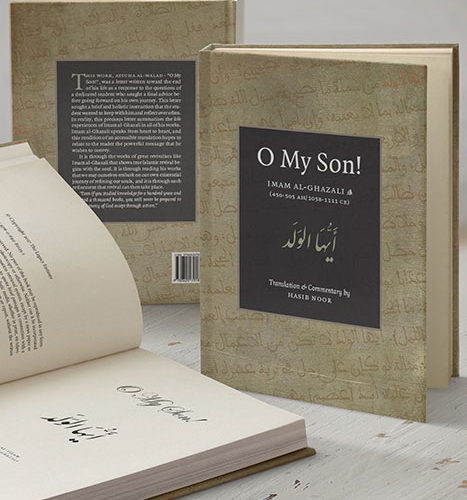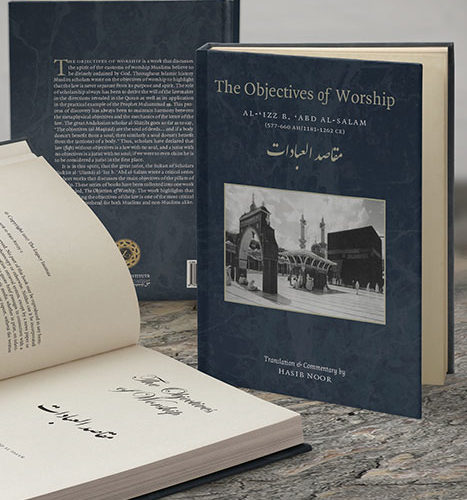

The biography of the Prophet Muhammad remains as the most meticulously documented biography of any man who ever walked the face of the Earth. Muslims do not see his life as a departure from the line of Biblical prophets. Muslims hold that God revealed a single faith, charging all His prophets to teach it to mankind. Their teachings are unified in a single faith, although different laws were given to meet the needs of their particular time and place. This faith predated even the Abrahamic tradition that unites the three. It is a faith that - in the belief of Muslims - began when the father of all humanity, Adam, received it from God. Many will be surprised to know the great reverence which Muslims show all these prophets. Muslims take it as a binding requirement of faith to believe in all of these prophets as well as the revelation that was given to them. Muslims believe that the need for subsequent revelation was due to alteration of the earlier messages and even their scriptures. Humanity was therefore in need of a final unchanging, unalterable revelation. God sent this final message, the Quran, to the final prophet, Prophet Muhammad, as a preparation for the final day.
It was this message that the priest recognized in the discourse of Abd Al Ghani Al Maqdisi, and which left him in surprise. He felt a sense of familiarity to the prophet detailed by this Muslim scholar and it was after their discussion that he accepted the Prophet Muhammad as the final messenger in the long line of prophets sent to mankind. This event led Imam Abd Al Ghani to write down the contents of his discourse with the priest as a treatise entitled A Short Biography of the Prophet Muhammad (peace be upon him) and His Ten Companions, shortened in this work to "Muhammad (s) and His Companions" - a thematic biography of the Prophet Muhammad (peace be upon him) and his closest companions.


